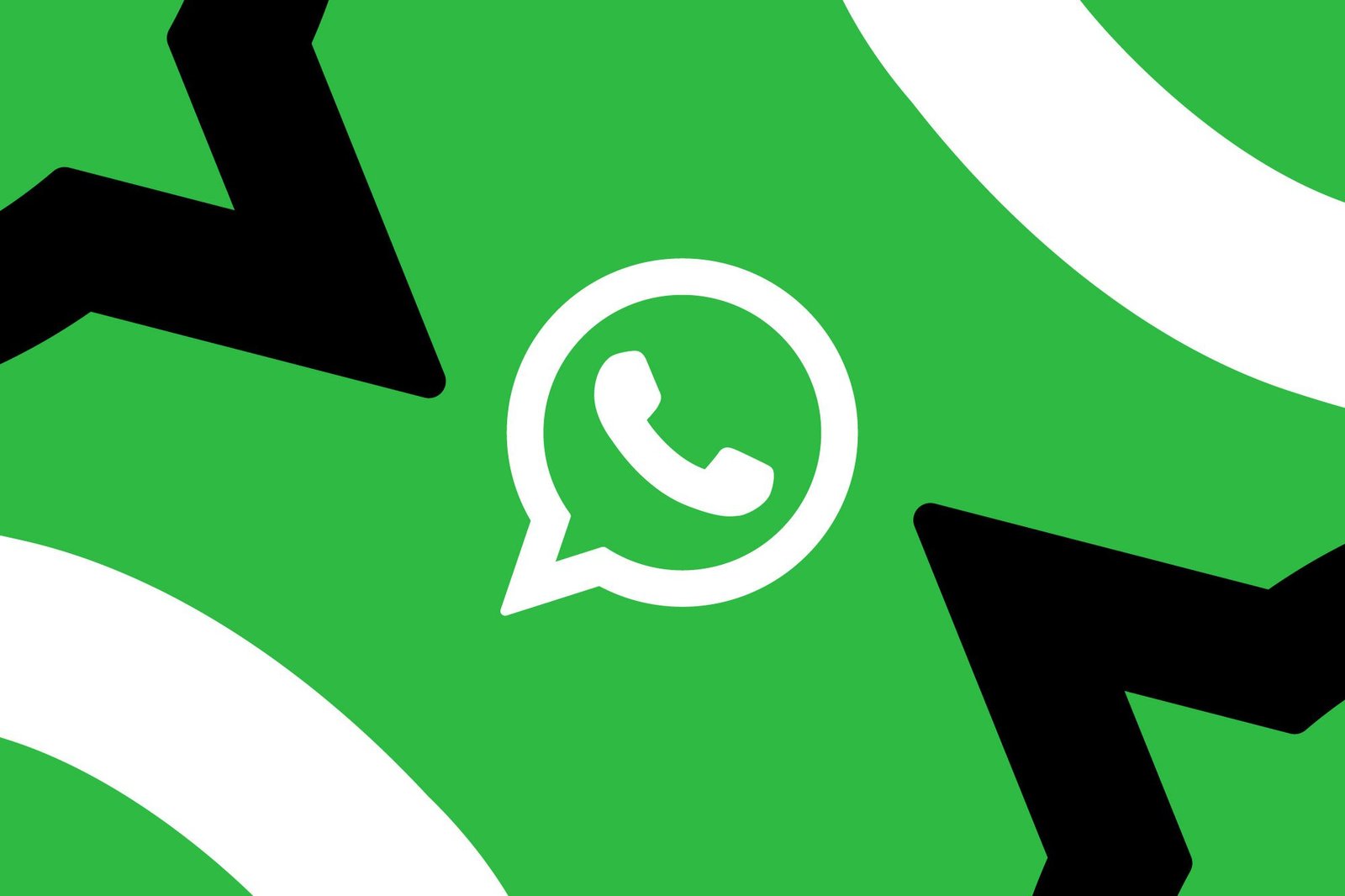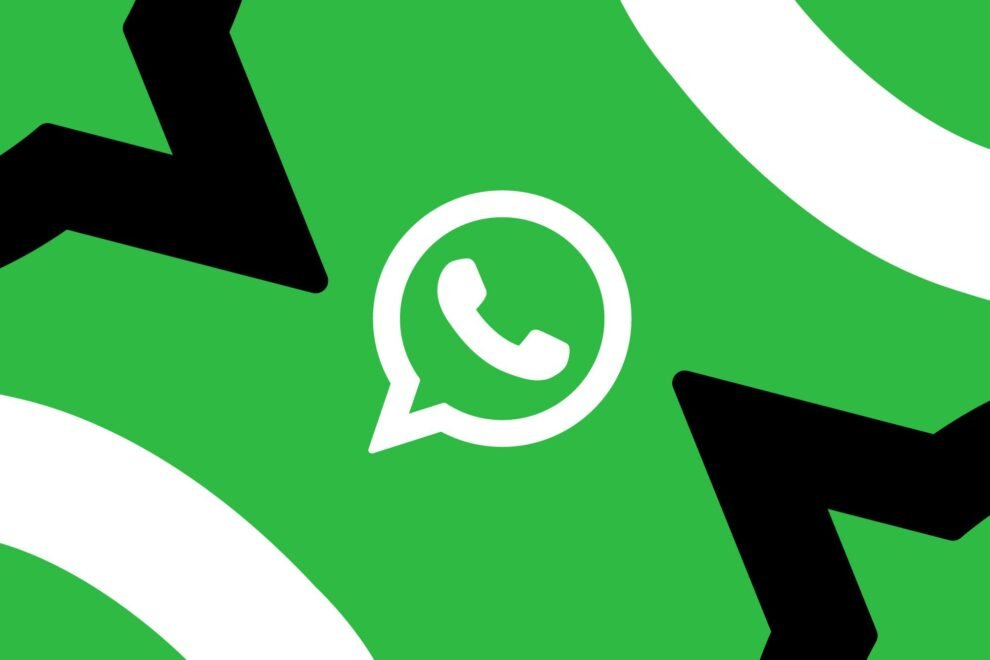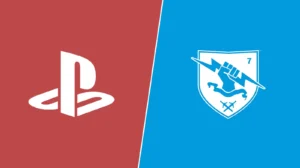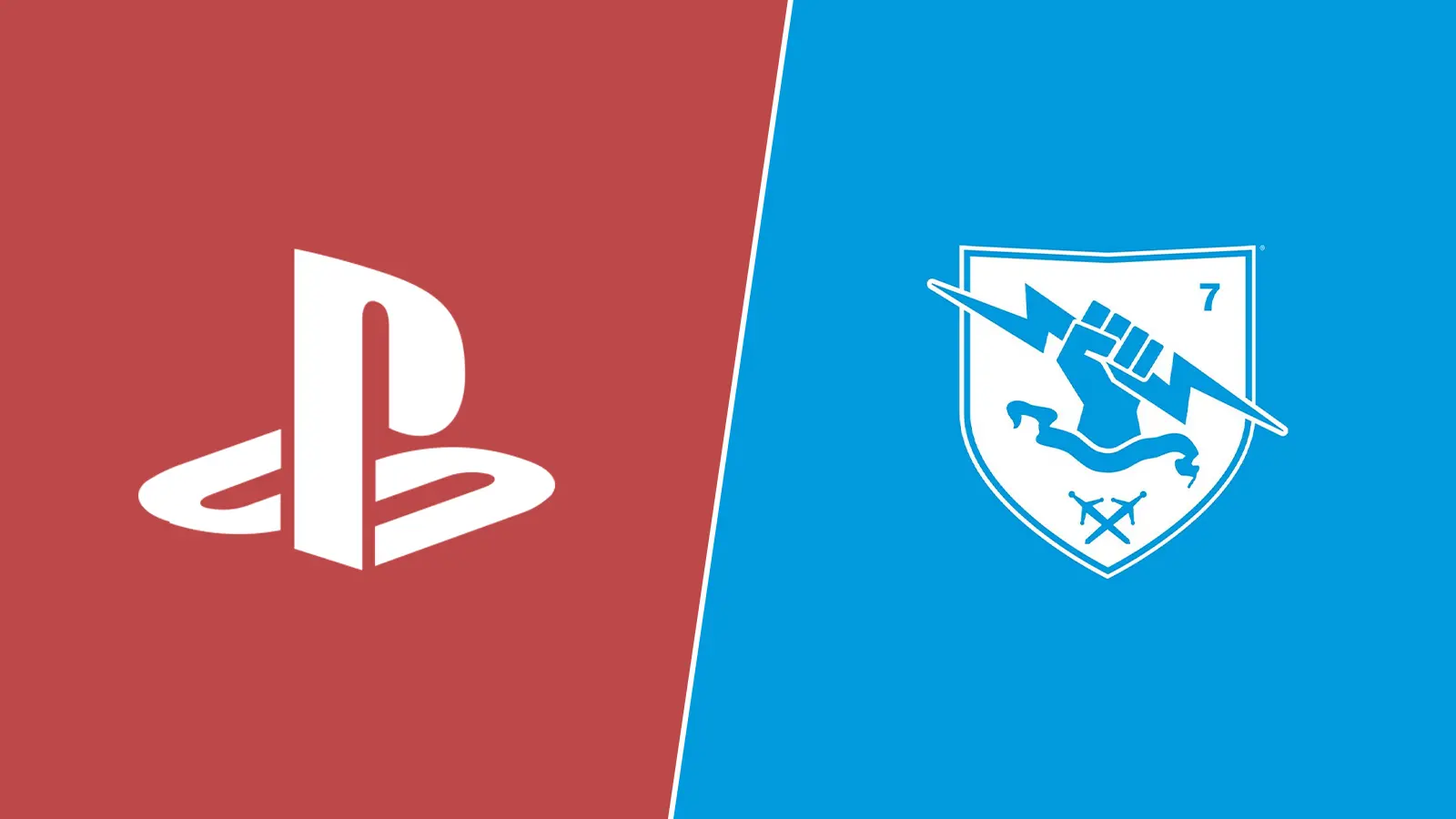WhatsApp, the world’s largest messaging platform with over 2 billion users, is preparing to shake up the communication landscape with the introduction of third-party chat support. This groundbreaking move comes in response to the European Union’s Digital Markets Act (DMA), which mandates interoperability between major messaging platforms.
Key Highlights:
- WhatsApp to enable chat with users on other messaging platforms within its app.
- Feature driven by EU’s Digital Markets Act, initially focusing on individual chats.
- Text, images, voice messages, videos, and files supported, calls and group chats to come later.
- Opt-in participation and adherence to security standards mandatory for third-party apps.
- Rollout expected to be gradual, with focus on user privacy and spam prevention.

While the exact release date remains under wraps, the feature is expected to roll out in stages, initially allowing users to seamlessly chat with contacts on other messaging apps directly within the WhatsApp interface. This signifies a significant shift for WhatsApp, which has long operated as a closed ecosystem.
Limited Functionality at Launch, Expansions on the Horizon:
The initial phase of interoperability will focus on one-on-one chats, supporting text, images, voice messages, video, and file transfers. Features like group chats and voice calls will be integrated later. To participate, users will need to opt-in, ensuring control over their communication experience. Additionally, third-party apps must adhere to security and privacy standards set by WhatsApp, including end-to-end encryption.
EU Driving the Change, User Benefits Abound:
The DMA, implemented in November 2022, aims to promote fair competition in the digital market. By forcing dominant platforms like WhatsApp to open up, the EU hopes to create a more connected and user-friendly communication environment. Users will no longer be restricted by which app their contacts use, facilitating smoother communication across platforms.
Security and Privacy Remain Paramount:
Despite the exciting possibilities, concerns regarding security and privacy are inevitable. WhatsApp has emphasized its commitment to maintaining its high encryption standards and user privacy. Opt-in participation and strict guidelines for third-party apps are measures taken to mitigate potential risks. However, continuous vigilance and adaptation will be crucial as the feature evolves.
The Road Ahead: Gradual Rollout and Uncertainties:
While the exact timeline for rollout and specific supported platforms are yet to be announced, the news marks a significant turning point for WhatsApp and the messaging landscape as a whole. The gradual approach suggests a cautious yet determined effort to ensure a smooth and secure transition. As the feature unfolds, questions regarding user adoption, compatibility with various platforms, and potential impact on competition remain to be seen.
In conclusion, WhatsApp’s introduction of third-party chat support, driven by the EU’s DMA, holds immense potential to revolutionize communication. While concerns about security and privacy persist, the move promises greater user convenience and a more interconnected messaging ecosystem. As the feature rolls out, careful monitoring and adaptation will be necessary to ensure a positive and secure experience for all users.


















